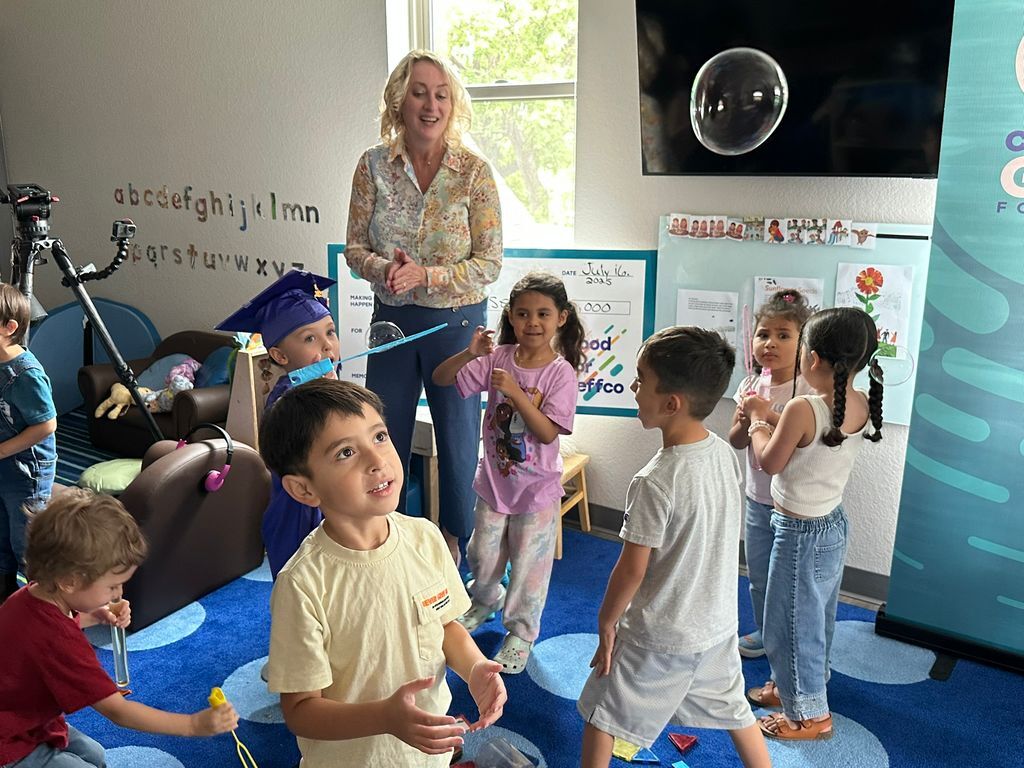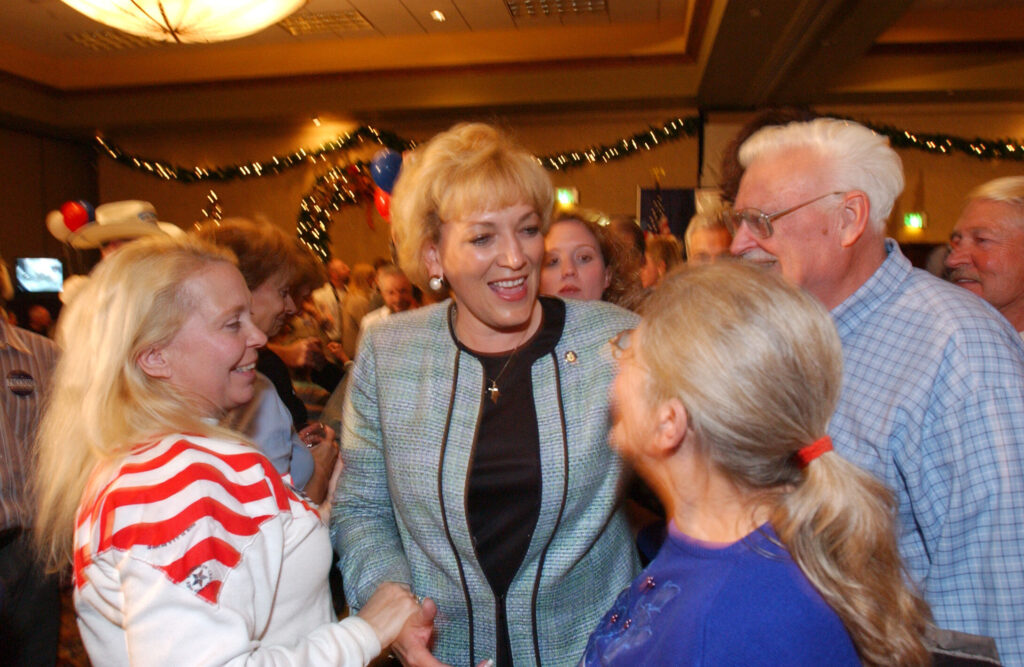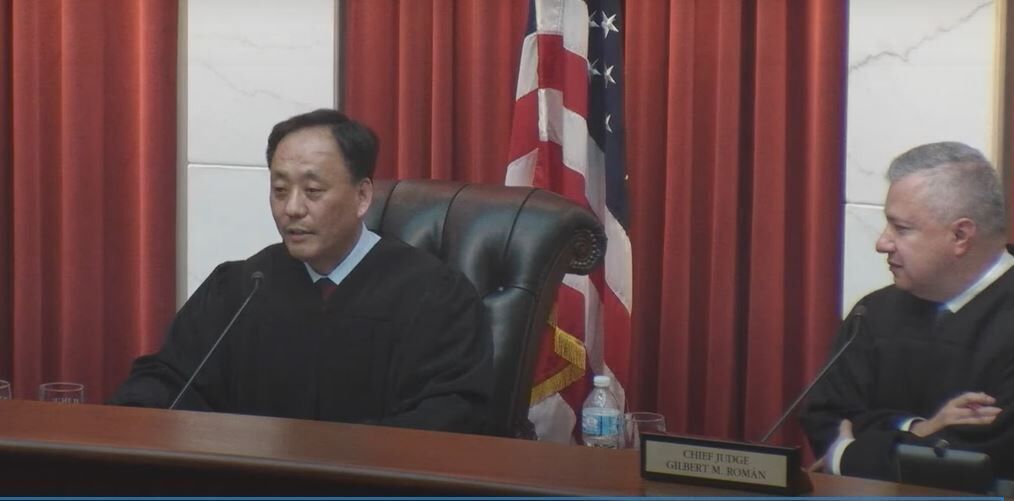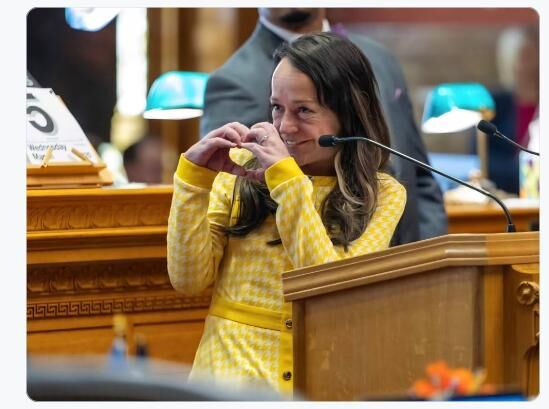Colorado lawmakers eye regulation of dating apps to prevent assault, rape
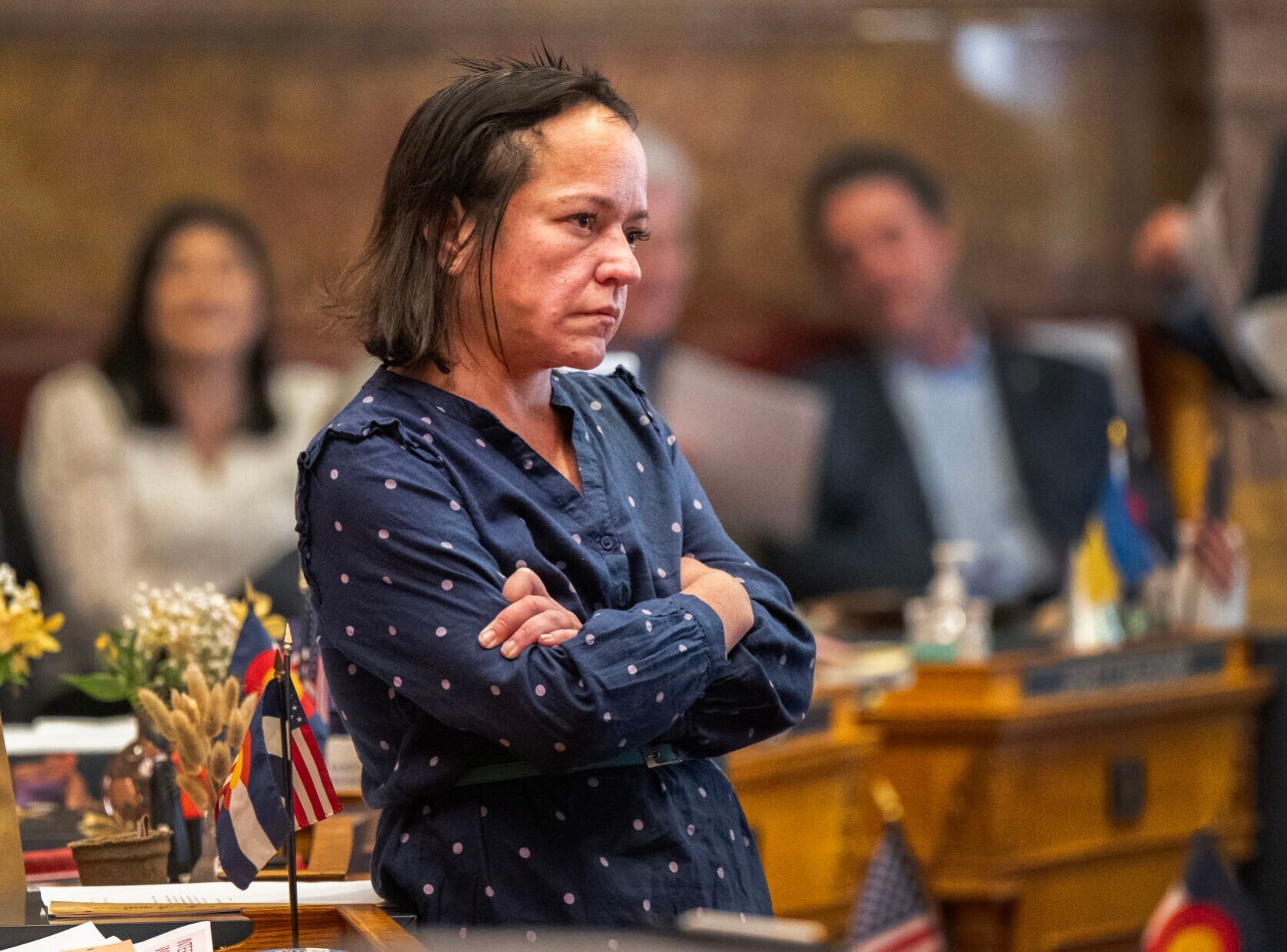
The number of couples who have met on a dating app or website has skyrocketed since online dating services first debuted over two decades ago. While many find happy and healthy relationships through the online services, others looking for love have not been so lucky.
Currently, Colorado is ranked as the fifth-most dangerous state for online dating, pushing legislators to propose a comprehensive bill that will provide its citizens some peace of mind. The ranking took into account data, including cybercrime stats, rates of romantic fraud, and violent crime stemming from online interactions.
Wading into issue, Senate Bill 011 requires online dating services to create and publish safety policies, including information on whether and when they conduct background checks on users, if convicted criminals are allowed to use the service, the service’s definition of misconduct, and what actions are taken when it receives reports of a user’s misconduct.
Additionally, dating services would be required to submit annual reports to the Attorney General’s office detailing information on misconduct what actions were taken by the service.
The bill also tackles remote tracking or stalking by establishing a civil cause of action for someone who was tracked with an app or device without consent. It also incorporates the creation of “deepfakes” – AI-generated images, videos or voices that look real – depicting an individual’s private or intimate parts or engaging in sexual conduct into the definition of harassment punishable by law.
“The rapid rise of technology has transformed the social landscape, really bringing opportunities for connection, but also for harm,” said bill sponsor Sen. Lisa Cutter, D-Littleton. “Without regulation, many Coloradans are vulnerable to technology-facilitated abuse. It is hard to find adults under 40 who haven’t used a dating app at some point, and while most people are pretty cautious, safety in these increasingly popular platforms is paramount.”
According to Cutter, one-third of all adults and half of 18-29 year-olds have used dating apps, many of which come with little to no screening or protective measures for users. Cutter added that 31% of women report having been sexually assaulted or raped by someone they met on a dating app, and three-quarters of dating app users say they have experienced dating-app facilitated sexual violence.
Cutter added that 27 other states already have similar legislation in place or are considering it.
Testifying in favor the bill, Anne-Marie Kopek said 12 years ago, she met a man on a dating site. She said she and the man had been talking for several weeks and she could see herself being in a relationship with him. One evening, the man told Kopek he was visiting town and and requested she pick him up at his hotel so they could go to dinner.
However, when she got to his room, Kopek realized the man was not the person in the photos on the dating site. She said the man ultimately raped her and stole her driver’s license, threatening her not to go to the police because he knew where she lived and worked. She said she never told anyone about the incident until this past summer, when she began to notice an increasing number of stories about women being assaulted and raped by men they met online.
“My story is not unique,” she said. “My shame and fear-induced silence is the rule and not the exception in this vast, growing population of dating app sexual assault survivors. Dating app companies, multi-billion dollar goliaths, will continue to provide their platform to predators until there is a seismic shift in their profit model.”
“She added: “It must be more costly for them to provide hunting grounds for predators than it is to protect their users.”
Vanessa Newport also testified in committee, saying she was sexually assaulted by a man she met on the dating site Match.com over 20 years ago. Newport said the man, who she said was an officer with the Denver Police Department, told her he liked to “go fishing” for single mothers on the dating site and she has since heard of at least two other women who were sexually assaulted by him after meeting on Match.
She argued that Match should have banned the man from its platform after initial complaints were made, or at the very least alerted users who may have been interacting with him that he has been accused of sexual assault.
“There is an inherent expectation from consumers that measures have been taken (by dating apps) to consider their safety, but more safeguards should be required. Sexual assault will continue despite legislation,” she said. “However, dating apps can serve a critical role in connecting the dots behind the scenes when perpetrators ‘go fishing’ for victims.”
Bill sponsor Sen Faith Winter, D – Thornton highlighted the surge of sexual deepfakes – digital media created with artificial intelligence that realistically portrays individuals saying or doing things they never actually said or did. She said there has been a 500% increase in sexual deepfakes published online between 2019 and 2023, and that they can have devastating affects on victims’ physical, mental, and emotional wellbeing, as well as their career prospects and academic success.





